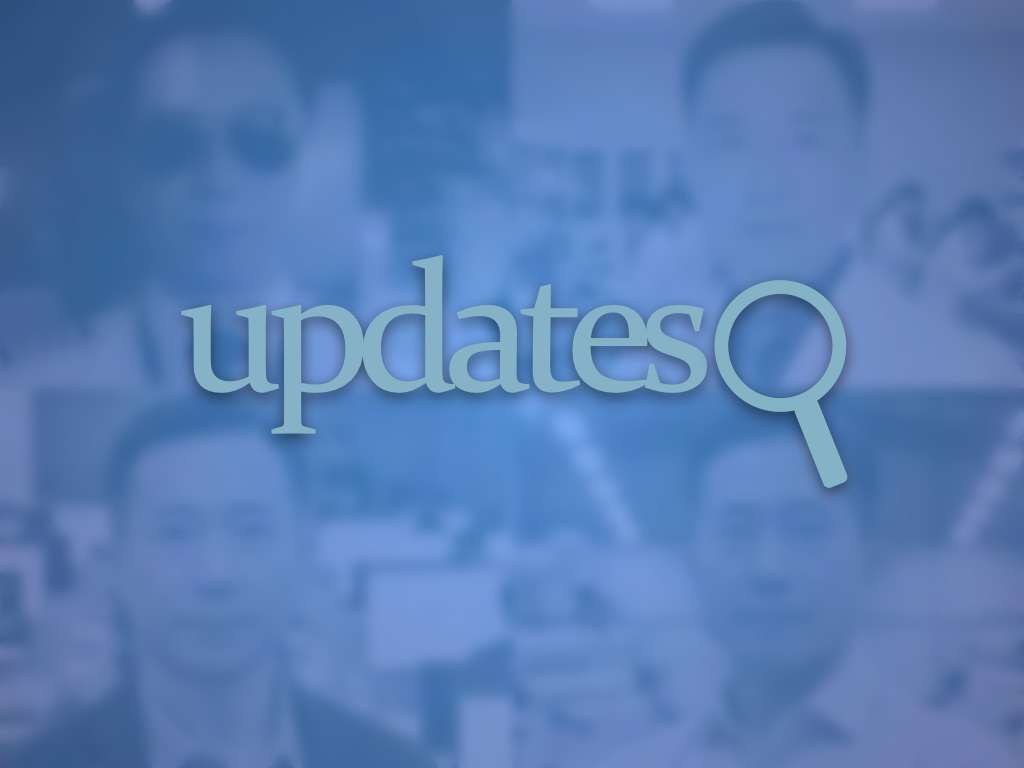
What To Know
- Given the surge in scams and the dangers they pose to people, particularly with advanced technologies like AI (artificial intelligence) that can create deepfake faces and voices, a platform is needed to unite the best minds in the fight against scams.
- The summit will feature the launch of the Southeast Asia Scam Report, which includes in-depth panels on various types of scams and mitigation strategies in the region, as well as sessions led by law enforcement officers (including INTERPOL), research….
The Global State of Scams study estimates that consumers worldwide lost over US$1 trillion to scams in 2024. Closer to home, policymakers and financial institutions in Singapore are conducting campaigns to educate the public about scams and the best ways to avoid them. Given the surge in scams and the dangers they pose to people, particularly with advanced technologies like AI (artificial intelligence) that can create deepfake faces and voices, a platform is needed to unite the best minds in the fight against scams.
Bringing 60 countries together in Singapore to fight scams
The Global Anti-Scam Summit (GASS) Asia 2025 will be held in Singapore on September 2 and 3, at Suntec Singapore, 1 Raffles Boulevard, Singapore 039593. It will bring together a strong group of people to fight the growing threat of international scam networks. The Global Anti-Scam Alliance (GASA) is putting on the summit in response to the growing coordination and complexity of scam operations in Southeast Asia. It will bring together more than 1,200 industry leaders, policymakers, and law enforcement agencies from more than 60 countries, both in person and online, to come up with and put into action real-world plans to stop and break up large-scale online scams.
“Scams are no longer isolated incidents; they are a systemic, cross-border threat. GASA’s role is to connect the dots, not just across sectors, but across borders, creating the shared infrastructure needed to act faster and smarter. Over the past year, we’ve scaled our membership, launched new national chapters in high-priority markets, and strengthened data-sharing through the Global Signal Exchange. The summit is where these efforts come together into concrete action,” said Jorij Abraham, Managing Director, GASA.
Chapters in ASEAN
The Singapore chapter now has more than 100 members, including companies like Amazon, Google, MasterCard, Meta, and Microsoft, as well as government and law enforcement agencies. This strong partnership shows how important the city-state is in creating a cooperative space to fight scams. Singapore is important in this collaboration as a testbed for policy frameworks, technological pilots, and cross-sector coordination.
GASA has also made progress in the ASEAN region, with new chapters in Indonesia and the Philippines. These countries are especially at risk because they use digital finance and have economies that are mobile-first. In Indonesia, Reski Damayanti of Indosat Ooredoo Hutchison leads the chapter. It focuses on sharing information and raising public awareness to fight the 65% weekly scam attempt rate reported by Indonesians. In the Philippines, the chapter is also co-chaired by leaders from Globe Telecom, a company that has been a leader in protecting consumers by blocking harmful text messages and starting campaigns to raise awareness.
“These chapters are more than local extensions. They are strategic footholds in markets where digitalization is instrumental in raising standards of living, yet scams threaten to undermine this. By bringing in national champions like Indosat and Globe, we’re embedding GASA’s model into the heart of each market’s digital ecosystem. It is heartening to see this community of scam fighters assembling a short 2 years after we led the establishment of GASA in this region.” said Rajat Maheshwari, Chair, GASA Singapore Chapter.
Global intelligence
The Global Signal Exchange (GSE) plays a crucial role in GASA’s strategy. It serves as a global clearinghouse for sharing scam and fraud threat signals in real time, including malicious URLs, domains, and IP addresses. The GSE has grown a lot since it started in January 2025, going from 40 million signals to 370 million. It is backed by big companies like Google, GSMA, and Microsoft. More than 230 organizations are now onboard or in the process of joining, showing a strong commitment to building a stronger, shared data backbone to fight scams.
Highlights at the Summit
There will be several important sessions at the summit. There will be a “fireside chat” featuring the Honorable Mr. Tan Kiat How, who is the Senior Minister of State of the Republic of Singapore and Patron of the GASA Singapore Chapter. The summit will feature the launch of the Southeast Asia Scam Report, which includes in-depth panels on various types of scams and mitigation strategies in the region, as well as sessions led by law enforcement officers (including INTERPOL), research groups, and representatives from the United Nations (UN). Additionally, there will be an “anti-scam pitch room” at the Summit where attendees can view real-world tools and early-stage innovations designed to prevent and combat scams.
For more information, visit the Summit site.




